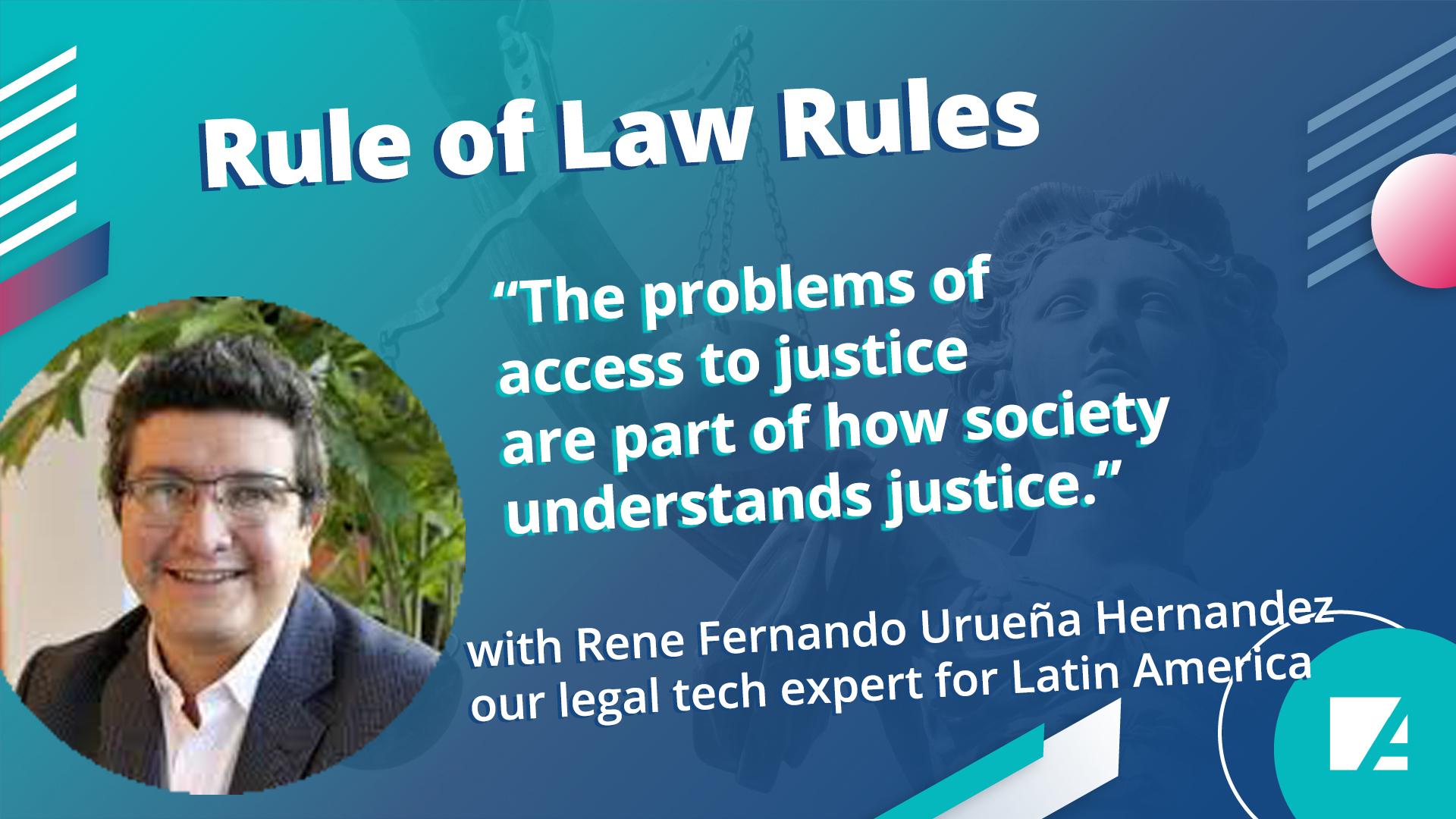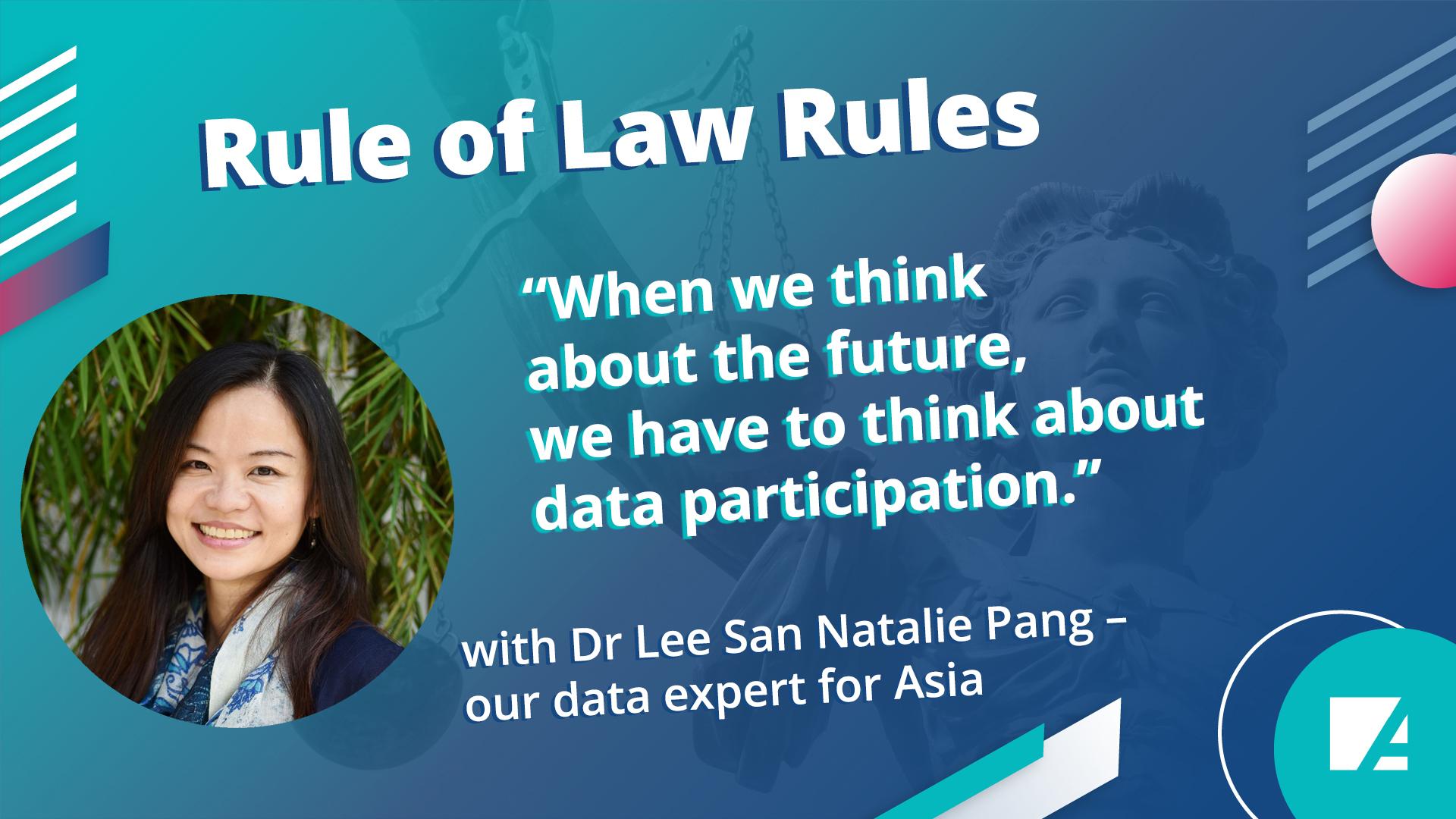The new German Corporate Due Diligence Law is the first comprehensive and legally binding mechanism in Germany that safeguards human rights and the environment in supply chains and heralds a new era of sustainable practices in manufacturing and sourcing. In already complex global production networks, complying with the requirements of the new law has created a myriad of challenges for companies and has sparked debates on the feasibility of such legislation, especially amongst entrepreneurs and politicians.
Critical discourse has also focused on the potential impact of mandatory due diligence on competitiveness in global markets and whether the law could lead to offshoring and reshoring and contribute to shifts of global and regional value chains. We, the Konrad-Adenauer-Stiftung (KAS), Rule of Law Programme Asia, and the Singaporean-German Chamber of Industry and Commerce (SGC), are excited to present our new study on “Sustainable manufacturing and sourcing in the Asia Pacific - Meeting the new German standard of care for human rights and environment protection” that seeks to contribute to these public debates in the context of the Asia-Pacific region.
The study offers an exceptionally comprehensive data set with responses from hundreds of companies, explains the current standard of care in supply chains in Asia, pinpoints key challenges in complying with the new law, and lays the foundation for a more nuanced discussion on mandatory corporate due diligence in global production networks. And, thus, is aiming at supporting businesses and politics alike in their efforts to strengthen human rights.









